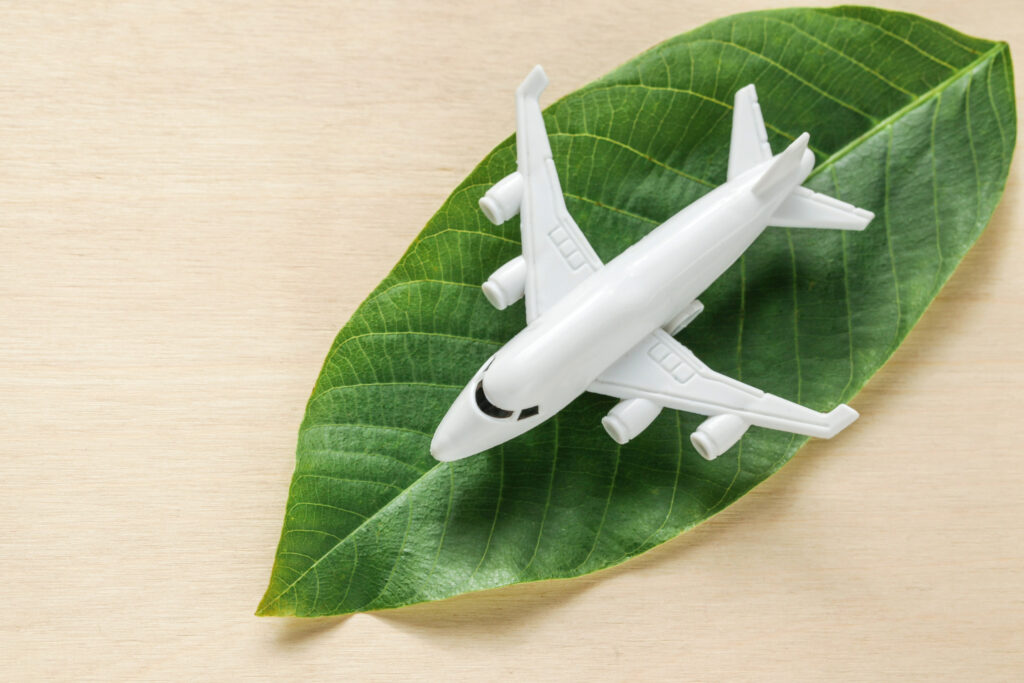The International Air Transport Association (IATA) has released new estimates on Sustainable Aviation Fuel (SAF) production, highlighting both progress and challenges in scaling up SAF to meet aviation’s decarbonization goals.
In 2024, SAF production is projected to double from 2023 levels, reaching 1 million tonnes (1.3 billion liters). However, this figure falls short of earlier estimates of 1.5 million tonnes due to delays in ramping up production at key U.S. facilities, now pushed to 2025. By 2025, SAF production is expected to reach 2.1 million tonnes (2.7 billion liters), accounting for 0.7% of global jet fuel production.
Call for Stronger Policy Support
Willie Walsh, IATA’s Director General, emphasized the urgent need for governments to shift subsidies from fossil fuel production to renewable energy incentives.
“Airlines are eager to buy SAF, and there’s long-term profitability for investors. Governments can accelerate progress by replacing fossil fuel subsidies with strategic policies supporting renewable energies, including SAF,” Walsh said.
IATA highlighted that decarbonising aviation aligns with broader global energy transition goals, as renewable fuel refineries will benefit multiple industries.
Decarbonisation at Scale
Achieving net-zero CO2 emissions by 2050 will require 3,000 to 6,500 new renewable fuel plants, producing not only SAF but also renewable diesel and fuels for other sectors. Annual investments of $128 billion are needed for these facilities, significantly less than the investments made in wind and solar energy markets in recent years. Marie Owens Thomsen, IATA’s Senior Vice President of Sustainability, called for a collaborative approach: “Governments must deliver concrete incentives to rapidly scale renewable energy production. Airlines simply want their fair share of this output to decarbonize aviation effectively.”
Three Key Measures for SAF Expansion
- Increase Co-Processing: Utilize existing refineries to co-process renewable feedstocks alongside crude oil, saving $347 billion in capital costs by 2050.
- Diversify Production Pathways: Scale up production through alternative certified pathways like Alcohol-to-Jet and Fischer-Tropsch, alongside the current dominant HEFA method.
- Global SAF Accounting Framework: Establish a transparent registry for SAF purchases to prevent double counting and create a robust global SAF market.
Passenger Demand for SAF
Public support for SAF is strong, with 86% of travelers agreeing governments should provide incentives for SAF production and prioritising SAF supply by oil companies, according to an IATA survey.



